Facebook May Morph Your Brain
Here we have the latest news in the blossoming social networking subdiscipline of neurology, about which we are not entirely kidding, as a team of researchers from University College London has found a possible link between the size of their subjects' flocks of Facebook friends and the size of certain parts of their brains. (more)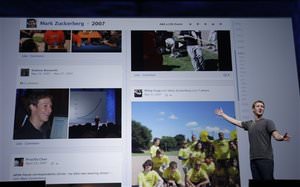
Here we have the latest news in the blossoming social networking subdiscipline of neurology, about which we are not entirely kidding, as a team of researchers from University College London has found a possible link between the size of their subjects’ flocks of Facebook friends and the size of certain parts of their brains.
More specifically, the British-based scientists, who published their startling findings in the journal Proceedings of the Royal Society B Biological Sciences, studied brain scans of 125 university students and came away with ideas about how key regions — which the BBC notes are associated with “social interaction, memory and autism” — are connected with, and possibly impacted by, social networking activities, exploring potential offline parallels and implications while they were at it. –KA
Your support is crucial…BBC:
“We have found some interesting brain regions that seem to link to the number of friends we have — both ‘real’ and ‘virtual’,” said Dr Ryota Kanai, one of the researchers from University College London.
“The exciting question now is whether these structures change over time. This will help us answer the question of whether the internet is changing our brains.”
One region involved is the amygdala, which is associated with memory and emotional responses.
Previous research has shown a link between the volume of grey matter in the amygdala and the size and complexity of real world social networks. Grey matter is the brain tissue where mental processing takes place.
Three other areas of the brain were linked with the size of someone’s online social network but not their tally of real-world friends.
With an uncertain future and a new administration casting doubt on press freedoms, the danger is clear: The truth is at risk.
Now is the time to give. Your tax-deductible support allows us to dig deeper, delivering fearless investigative reporting and analysis that exposes what’s really happening — without compromise.
Stand with our courageous journalists. Donate today to protect a free press, uphold democracy and unearth untold stories.

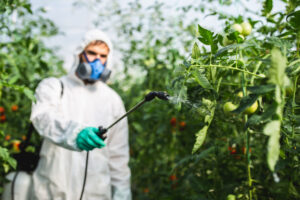
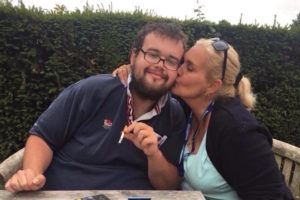
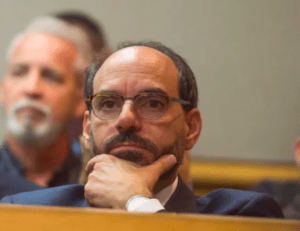
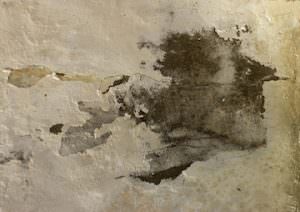
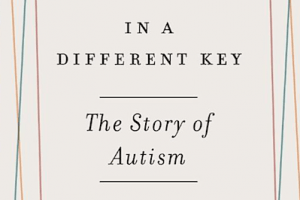


You need to be a supporter to comment.
There are currently no responses to this article.
Be the first to respond.